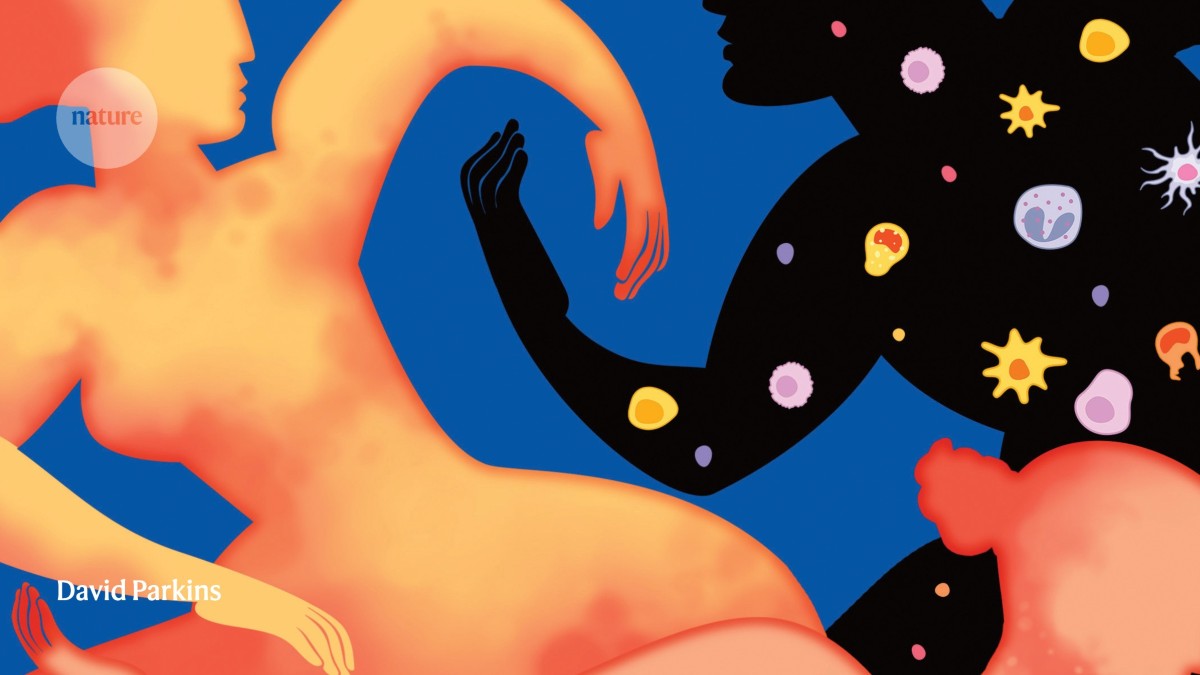
"The word skin has come to stand for superficiality and lack of depth, but human skin defies such connotations. For one thing, it is enormous, accounting for roughly 15% of a person's body weight. Skin is also remarkable for its diverse roles: protection against pathogens, temperature regulation and, of course, sensation. Like any part of the body, skin is fallible to disease. But scientists are making great strides in protecting and improving the organ's health."
"Gene therapies, for example, are yielding remarkable results in correcting a rare disorder that results in fragile 'butterfly skin', enabling children with the skin condition to live active lives. People with psoriasis, who have long been faced with the need to take antibody medications their whole lives, could soon find longer-lasting relief in more-durable treatments. And acne that has beset generations of adolescents might yet be controlled by vaccines."
"Skin interacts with other parts of the body in complex and sometimes mystifying ways. People affected by atopic dermatitis, for example, are at greater risk of a range of mental-health disorders. There is also growing evidence that a common treatment for eczema - topical corticosteroid cream - can lead to agnonizing withdrawal symptoms in some people when they try to stop using it."
Human skin makes up about 15% of body weight and performs protection, temperature regulation and sensation. Skin is susceptible to disease but novel therapies are improving outcomes. Gene therapies are correcting a rare disorder that causes fragile 'butterfly skin', enabling active lives. New durable treatments may reduce lifelong antibody use for psoriasis. Vaccines show potential to control acne. Advances in artificial skin can restore near-natural appearance to wounded or burnt tissue and enable expressive humanoid-robot faces. Skin conditions can increase risk of mental-health disorders, and topical corticosteroid withdrawal can cause agonizing symptoms. Research continues into itching, skin defenses and equitable clinical assessment across skin colours.
Read at Nature
Unable to calculate read time
Collection
[
|
...
]